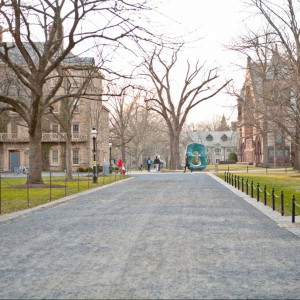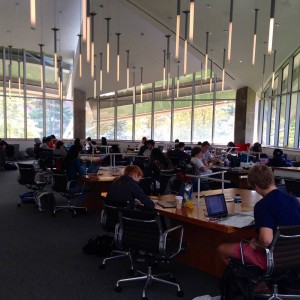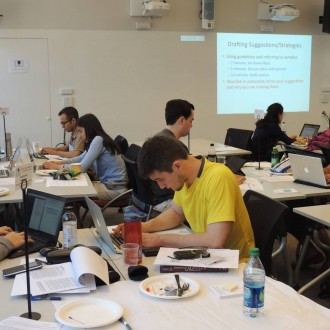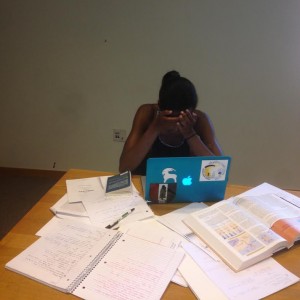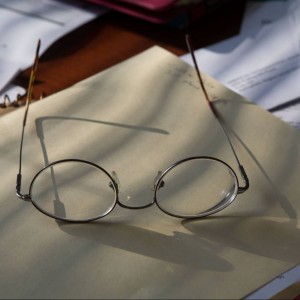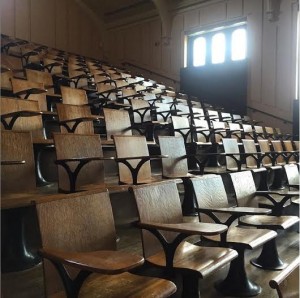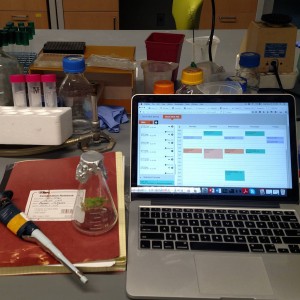
The University of Sussex, where I spent my Junior Spring, is like many European universities in that its three-year undergraduate courses are focused nearly exclusively upon one subject. Whether they wanted to or not, the third-year chemists I studied with there could never have sampled from the broad menu of courses I have at Princeton. Seeing the alternative, I am more-than-ever grateful to be at a liberal arts university where even the most technical-minded engineers can – indeed must – explore topics far afield from their specialties. As with all exploration, I have found some electives more fruitful than others. But many non-technical classes have been incredibly useful in honing my ability to communicate my research, collaborate with researchers from around the world, and understand the political and philosophical implications of my work. Continue reading What distribution classes will make me a better researcher?


